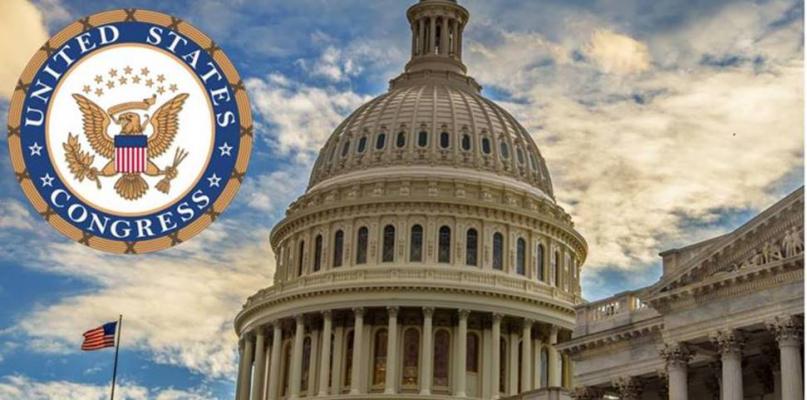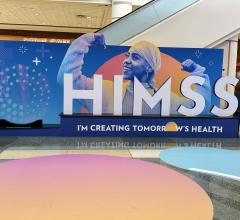
December 9, 2019 — Senate Health Committee Chairman Lamar Alexander (R-Tenn.) and House Energy and Commerce Committee Chairman Frank Pallone Jr. (D-N.J.) along with Ranking Member Greg Walden (R-Ore.) today announced they have reached a bipartisan, bicameral agreement on legislation to lower what Americans pay out of pocket for their health care.
“I do not think it is possible to write a bill that has broader agreement than this among Senate and House Democrats and Republicans on Americans’ number one financial concern: what they pay out of their own pockets for health care,” Alexander said. “The legislation includes proposals from 80 senators, 46 Democrats and 34 Republicans. It would end surprise billing of patients by creating a new system of dispute resolution that includes arbitration, provide nearly $20 billion for five years of funding for the nation’s 1,400 community health centers, and lower the cost of prescription drugs and other medical services by requiring transparency and competition. Congress should pass the bill promptly and give the American people a very good Christmas present.”
“It is long past time that Congress protect patients and families from the devastating financial toll of surprise medical bills, and this agreement puts an end to this egregious billing practice,” Pallone said. “It also makes a historic five-year investment in our public health programs, lowers prescription drug prices, improves maternal health outcomes and takes a first step towards addressing the youth tobacco epidemic. This agreement will make health care and prescription drugs more affordable for the American people. I’m hopeful that this bipartisan, bicameral agreement can be voted on quickly so that it can be signed into law before the end of the year.”
“Americans who follow the rules and pay their premiums shouldn’t get stuck with a $50,000 bill because a hospital contracted a NICU to an out-of-network provider, or a $109,000 bill after being rushed to a nearby hospital for a heart attack,” Walden said. “To put it plainly: Americans are sick and tired of being ripped off by surprise medical bills, and they want Congress to act. This announcement brings us one step closer to answering that call for action with bipartisan legislation to prohibit surprise medical bills and take the patient out of the middle. Thank you to my colleagues on both sides of the aisle and Capitol for working so diligently to come to this agreement. Now, we need to continue to work together to quickly send this legislation to President Trump’s desk. It’s time to protect Americans from surprise medical bills, and I am confident that we are going to do just that.”
The Lower Health Care Costs Act of 2019 will reduce what Americans pay out of their own pockets for health care. It would end surprise billing of patients and include a new system for independent dispute resolution often called arbitration. The legislation also increases prescription drug competition and creates price transparency, funds critical public health programs, including Community Health Centers for five years, and increases the purchasing age of tobacco to 21.
The leaders commended Senators Bill Cassidy (R-La.) and Maggie Hassan (D-N.H.) and Representatives Raul Ruiz (D-Ca.) and Larry Bucshon (R-Ind.) for their leadership and dedicated work in developing the solution that ends the harmful practice of surprise medical billing.
Related content:
Congressional Leaders Support Concerns About Proposed Medicare Alternative Payment Model
ACR Urges Congress to Suspend Budget Neutrality for E/M Changes in CY 2020 MPFS Proposed Rule
ASTRO Applauds New Prior Authorization Legislation


 May 08, 2024
May 08, 2024 








